_470x310.png)
Employers - did you know that now is the perfect time to start thinking about your school leaver Apprenticeship vacancies?
An A-level study programme involves studying three (or in some cases four) subjects over two years. The majority of these subjects are traditional A-levels, assessed through examination at the end of the second year. Only a few of these subjects have a coursework-based component.
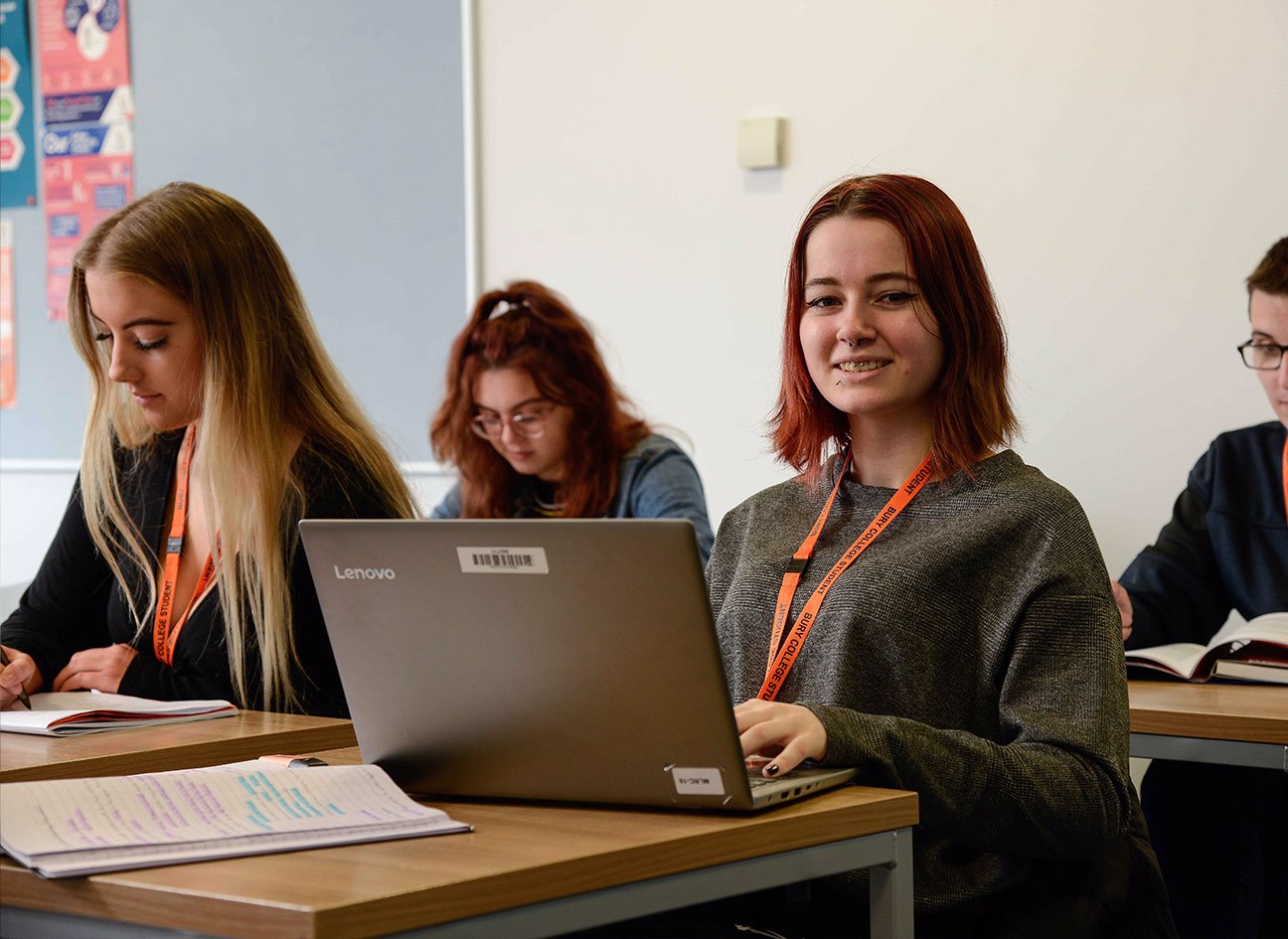
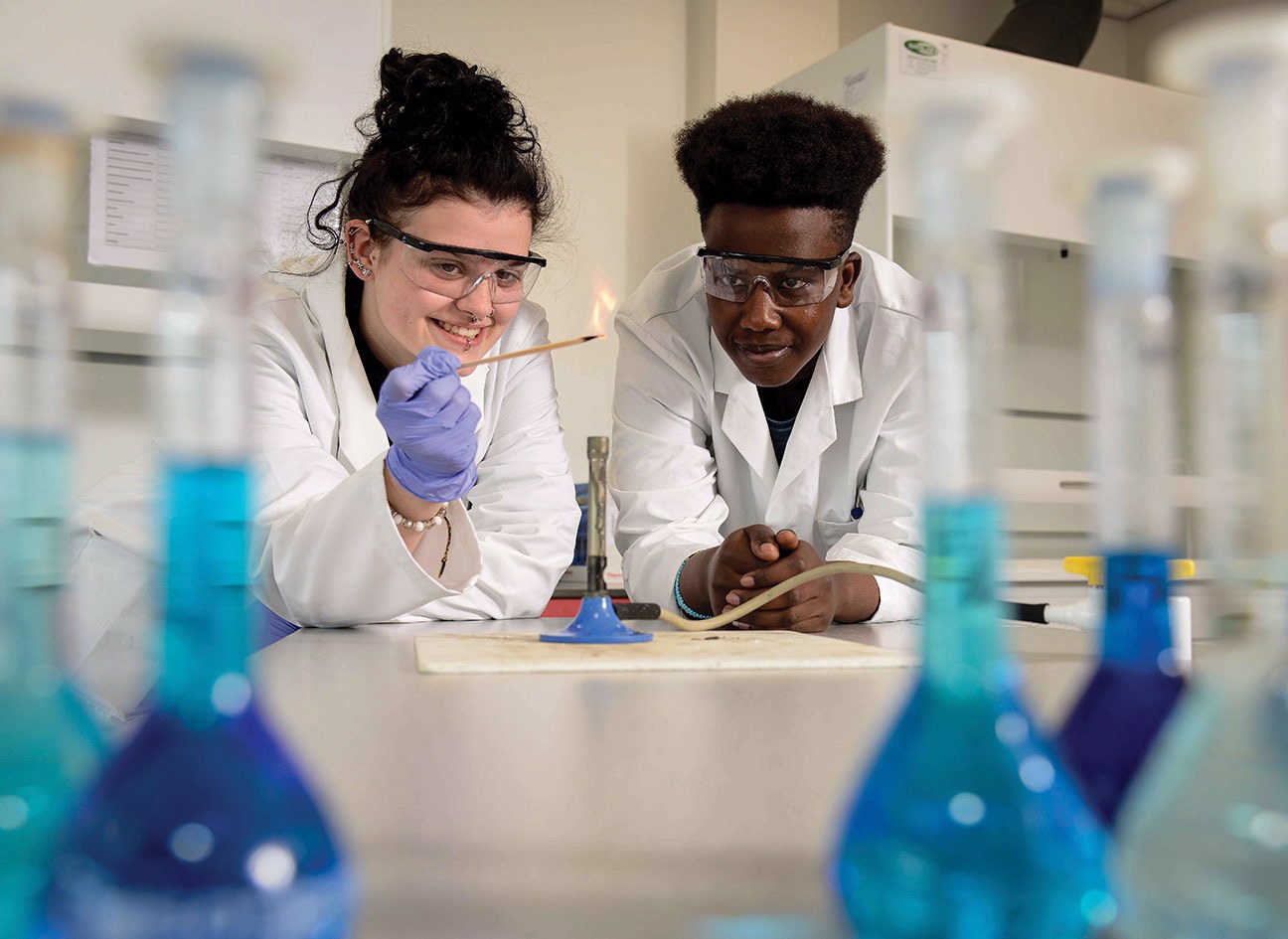
Some subjects are more applied (Criminology, Financial Studies, Law, Applied Science, Engineering and Sport) meaning a higher vocational-based content and assessment process. As part of your A-level study programme, you may include one of these applied subjects to support your progression and career aim.
Six GCSEs at grade 9-4 to include:
In addition, some subjects will demand higher grades e.g. Further Mathematics.
#Although for some subjects a grade 5 is preferable, there is some flexibility dependent upon the overall GCSE profile.


We currently offer 28 A-level qualifications in a wide range of subject areas. These include applied general qualifications which are the equivalent of an A-level.
In order to further develop your knowledge and employability skills every A-level student is taught how to study independently, a skill which is now recognised as a university requirement. In order to achieve maximum results, we recommend using these newfound skills to spend 18 hours a week on private study.
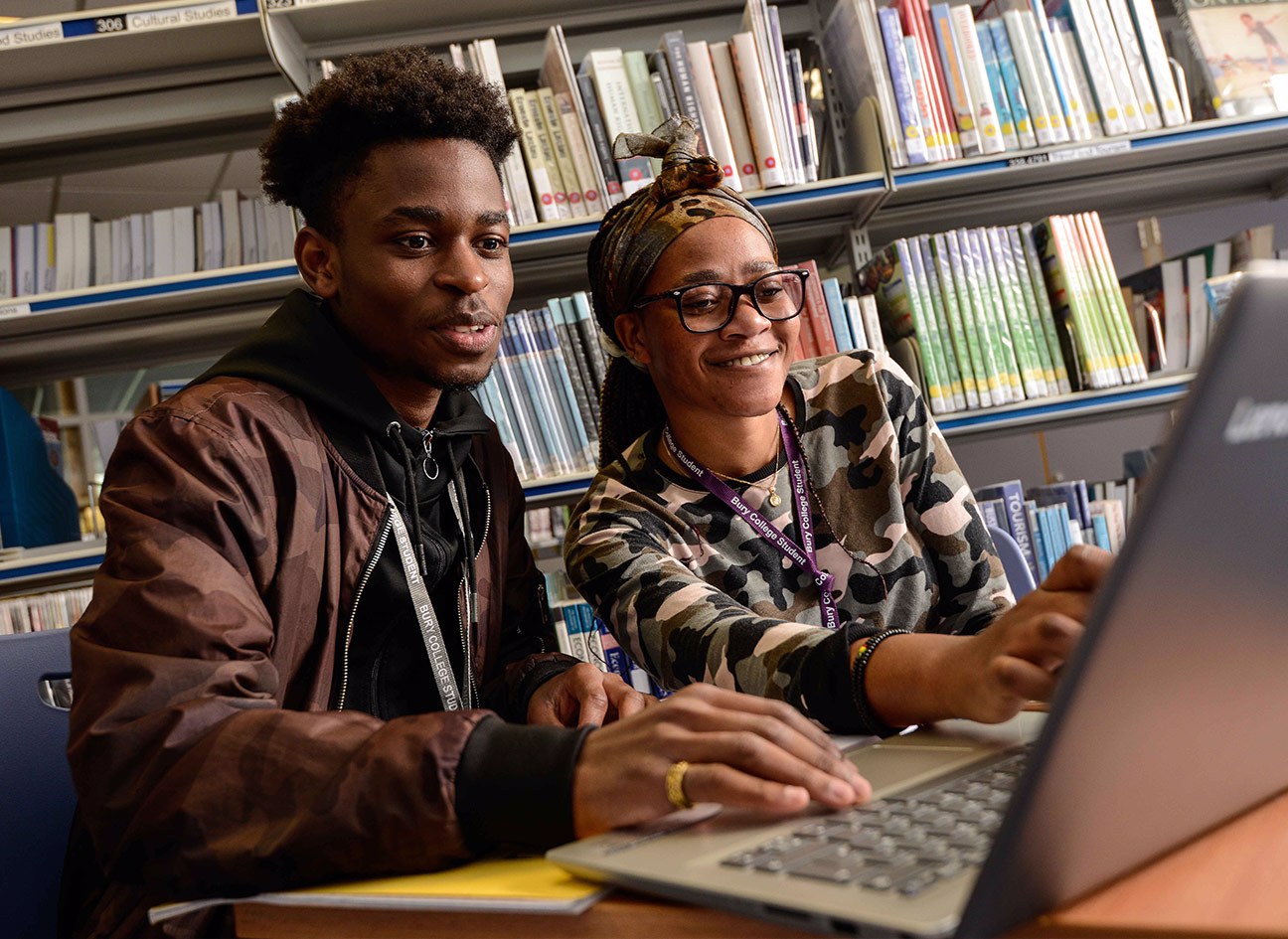
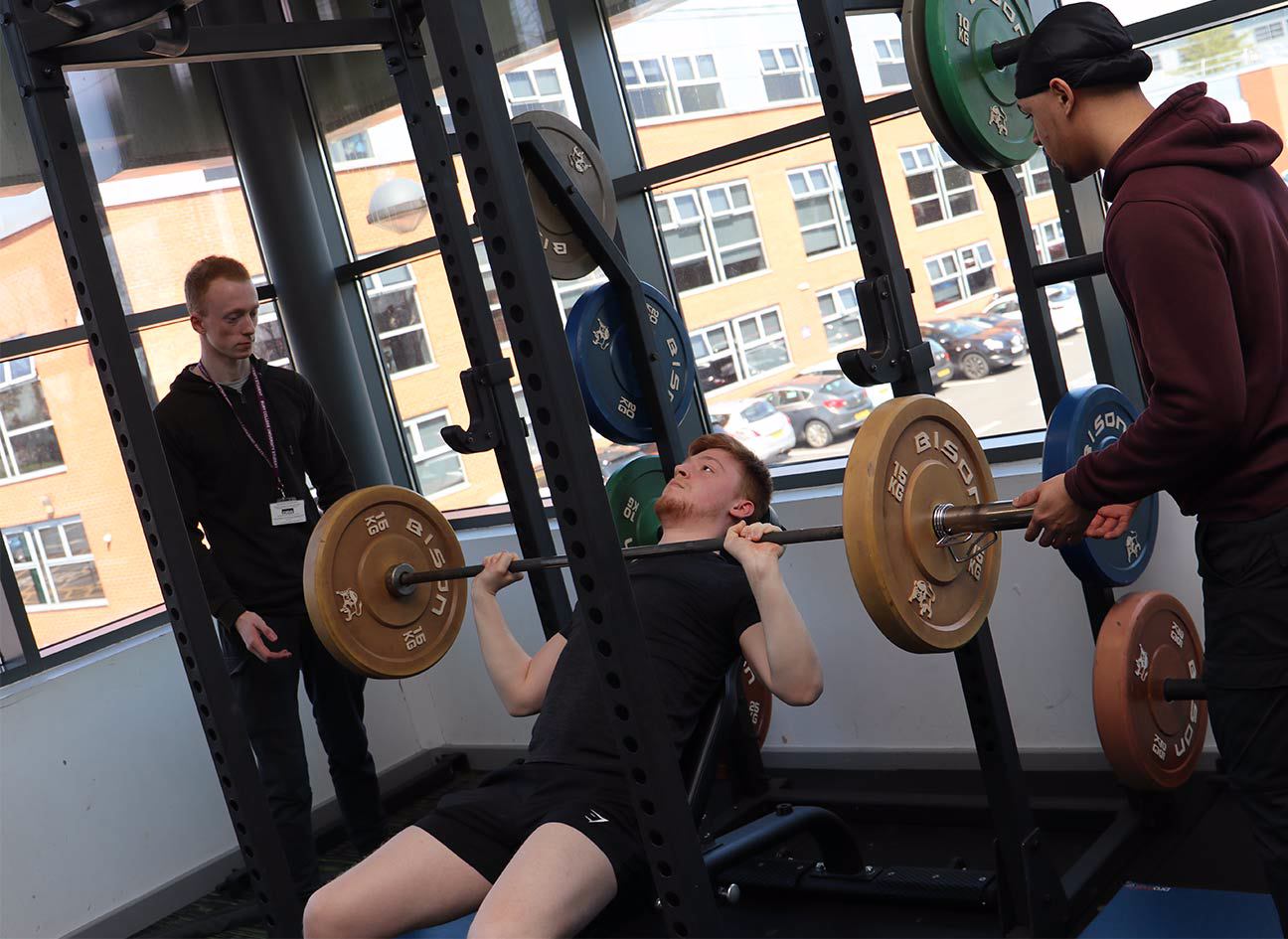
Enrichment activities are a chance for you to meet new people and enjoy new experiences, supporting you to gain a broad range of skills and add value to your university applications and CV’s.
Get involved in a wide range of clubs and societies including:
As an A-level student you will also benefit from career enhancing work placements. All students on an A-level study programme will participate in one week of work experience during the academic year. This will allow you to develop transferable work-related skills and gain an insight into the career of your choice.

Bury College is renowned for supporting students. As an A-level student you will benefit from a range of academic and pastoral support. You will meet with your Personal Tutor and tutor groups once a week, and your Personal Tutor individually six-times during the academic year.
Our pastoral and wellbeing teams are on-hand to support students with issues such as stress, anxiety, personal relationships, gender identity as well as general health and wellbeing.
There are several financial support mechanisms available to students who are experiencing financial difficulties whist studying at Bury College. These include Learner Support Funds, Bursaries and Awards. All financial support is subject to criteria, and we advise you to contact Student Services as soon as you enrol, or earlier if possible.

_470x310.png)
Employers - did you know that now is the perfect time to start thinking about your school leaver Apprenticeship vacancies?
_470x310.png)
Shape the future of education and find out about opportunities to work at Bury College at our Work for Us Event 2026. Find out about a wide range of career opportunities including teaching, business, and governance roles.
_470x310.png)
Find out how our Performing Arts students are developing their skills in this year's Christmas Panto.
_470x310.png)
Find out how our Health and Social Care students have been spreading Christmas joy by supporting the Early Help Present Appeal.
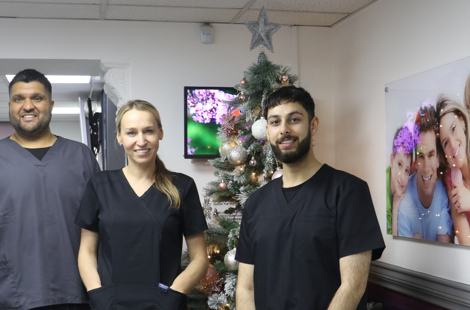
Bury College Apprentice, Ahmed Mehmood, was recently given a brilliant opportunity to put learning into practice on a charity trip to Morocco with his employer.
_470x310.png)
Jamie, a Level 3 Business student, has won gold at the ADCC British Open Championships and is now inspiring others through his dedication to coaching and training. Read the full story here.